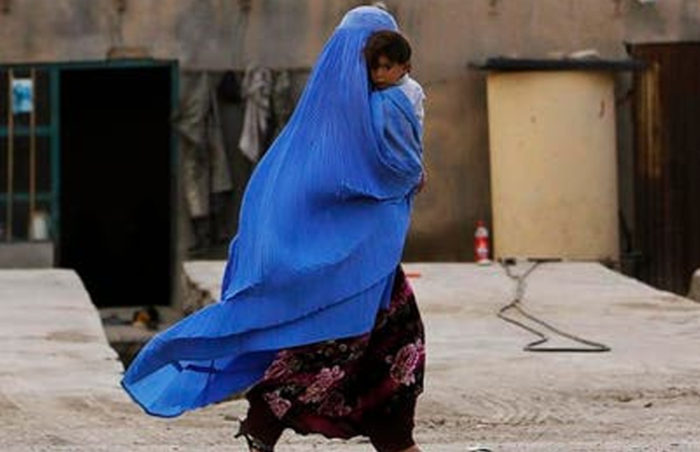Sanitation workers at health and economic risks as COVID-19 hits hard
Photo credit: alarabiya.net
By May 31st, there were 15,205 confirmed COVID-19 cases and 257 related deaths reported in Afghanistan. If Afghanistan’s Public Health Ministry figures are verified, it is safe to say that Afghanistan is headed towards another human and economic catastrophe. Unless serious containment measures are enforced and adhered throughout the country, the ministry anticipates that as many as 16 million Afghans will be infected, with over 110,000 deaths1, due to the coronavirus.
Restrictions and lockdown, taken as the main mitigation actions has led to people staying home, increasing unemployment and limited income sources, particularly for daily wagers. Facing similar challenges, Gul Babo, a sanitation worker, lost her employment as a result of COVID-19 in late March, 2020.
Gul Babo’s husband died eight years ago due to a kidney disease and ever since Gul Babo has been the only breadwinner for her children. She ensured her nine children were provided all essential survival needs through her salary.
“This new pandemic is devastating and has caused chaos all around the globe. Staying home is the only means of preventing the spread of COVID-19. But to me, this is not convenient. I have nine children to care for and feed. It is difficult to put food on the table every day after losing my job. This stressful situation scares me severely. I do not know when this will end and when we will start living a normal life like we did back in 2019.”
The COVID-19 pandemic had challenged government capacity to respond resiliently. All socio-economic activities have stopped. The economic system is paralyzed and the situation is getting worse day-by-day causing frustration and depression for the general public. Gul Babo says,
“My family will suffer extreme starvation if I do not find work soon. I also do not have any access to protective gear such as masks or gloves.”
Gul Babo lived with her children and mother in a compact rented house in Nanagarhar Province. After she lost her job, she could not afford the rent and had to leave her house and shift into her mother’s home which is quite small and has very limited living space for a family as big as hers.
Gul Babo’s youngest son suffers from a physical disability so she spends more time taking care of him these days. For Gul Babo, just putting food on the table has become difficult and is her only priority ever since she lost her job. It has become very difficult to make ends meet for Gul Babo and her family these days.
While the government has used all practicable options to raise general knowledge and restrict the impact of the pandemic, the general public still does not follow government and healthy advisory since literacy rate is low in the country. In the meanwhile, the poorest people and hourly wage employees are desperate to find any kind of work to earn some income to bring home and purchase food to feed their families.
People like Gul Babo are more vulnerable to the socio-economic impact of the COVID-19 since they have lost jobs, their homes and falling towards food insecurity. In case of Gul Babo, she had no other choice but to leave her rented house. Gul Babo says,
“I have no other option but to live in the little space we have. I know it increases the risk of spreading the virus since we are living in such close proximity but I am helpless. My elderly mother is also at risk with me because we all live in the same living place without following social distancing rules.”
[1] Ministry of Public Health Afghanistan: https://moph.gov.af/en







